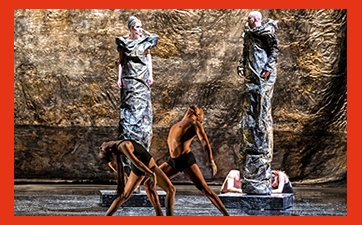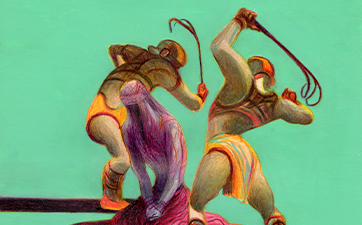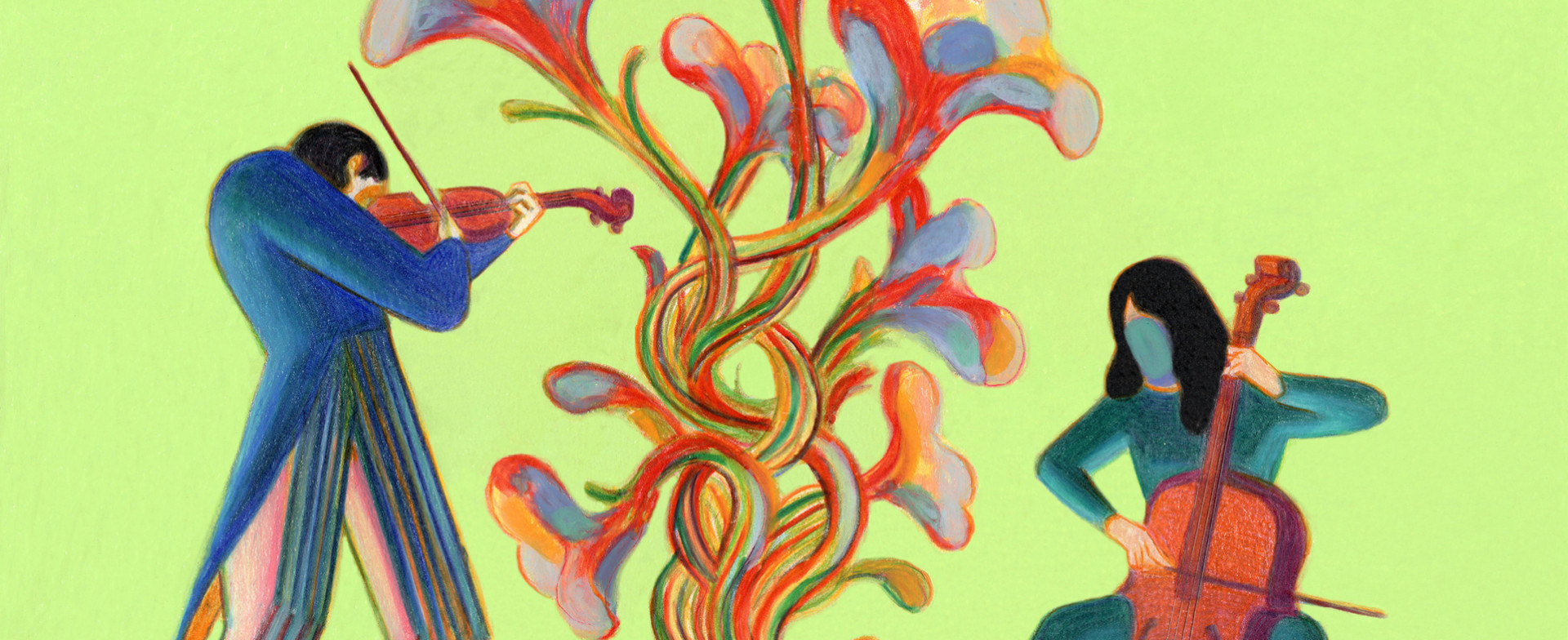Les Traversées Baroques
Intimate or monumental, mystical or extrovert, Monteverdi’s Vespers are not only a fabulously inventive work without equal, but a musical experience as rare as it is unforgettable.
Though he was then working in Mantua, composing mostly profane music for the Gonzaga court, it would be in Venice that Monteverdi published, in 1610, his Vespro della Beata Vergine. His intention, with this score devoted to the Virgin Mary, was to attract the attention of Pope Paul V, with whom he had requested an audience for the purposes of attaining a new post. Perhaps this is the reason why this work of such rich imagination seems to explore all the styles and climates, from the most liturgical to the most dramatic. Requiring a choir (at times doubled) and vocal and instrumental soloists, the Vespers alternate between ecstatic prayer (Ave Maris Stella) and the exuberant expression of completely profane passion (Lauda Jerusalem). Of complex and evolutive structure, it presents a prodigious range of forms, including hymns, psalms and even plainchant melodies in the final Magnificat. Religious depth and operatic grandeur merge in this unique work, between the "old" and "new" styles, between the equilibrium of the Renaissance and the flowering of the baroque.
Musical director Étienne Meyer
Les Traversées Baroques
Dijon Opera Choir
Sopranos Capucine Keller, Dagmar Saskova
Alto Maximiliano Baños
Tenors Vincent Bouchot, François-Nicolas Geslot, Augustin Laudet*
Basse Renaud Delaigue, Henry Boyles*
Cornett Judith Pacquier, Liselotte Emery
Violins Jasmine Eudeline, Clémence Schaming
Sacqueboutes Abel Rohrbach, Claire McIntyre, Emily White
Bassoon Monika Fischaleck
Viola da gamba Christine Plubeau, Ronald Martin-Alonso, Élodie Peudepièce
Organ and harpsichord Laurent Stewart
Theorbo Matthias Spaeter, Marc Wolff
Harp Marie Bournisien
*artists from the Dijon Opera Choir
Illustration © Lorenzo Mattotti
Claudio Monteverdi
Vespers
Vous aimerez aussi

Dido and Aeneas
Blanca Li, Henry Purcell

The St. John Passion
Bach


